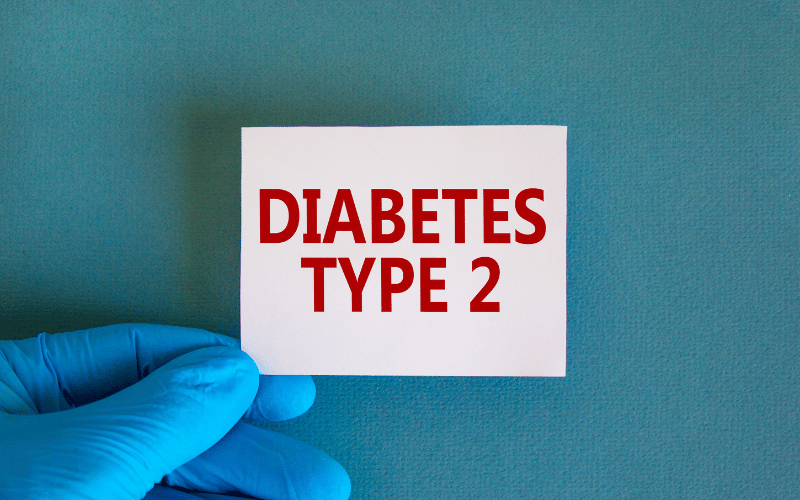Fact 5: Type 2 Diabetes – The Unwanted Connection

We often regard sleep and metabolic health as separate realms. But delve deeper, and you’ll find them intertwined, especially when sleep apnea enters the equation. Sleep apnea has a notorious history of disrupting our nightly repose. But what’s lesser-known is its association with type 2 diabetes. This isn’t a mere coincidence. Sleep apnea’s nocturnal interruptions play a significant role in inducing insulin resistance. Insulin, our sugar-regulating hormone, becomes less effective. The body’s response weakens, setting the stage for elevated blood sugars and eventually, type 2 diabetes.
But how does disrupted sleep lead to this? The answer lies in restorative sleep phases. These phases, crucial for many body functions, are consistently interrupted in sleep apnea patients. With deprived rest, the body’s ability to regulate blood sugar efficiently diminishes. This, combined with oxygen deprivation, can lead to metabolic disturbances.
Moreover, the exhaustion from sleep apnea isn’t silent. It screams in the form of fatigue, reducing one’s propensity for physical activity. Lesser activity hampers the body’s sugar regulation. Plus, the fatigue isn’t just physical. It bears mental repercussions, making daily tasks feel like mountains, furthering the aversion to activity.(5)